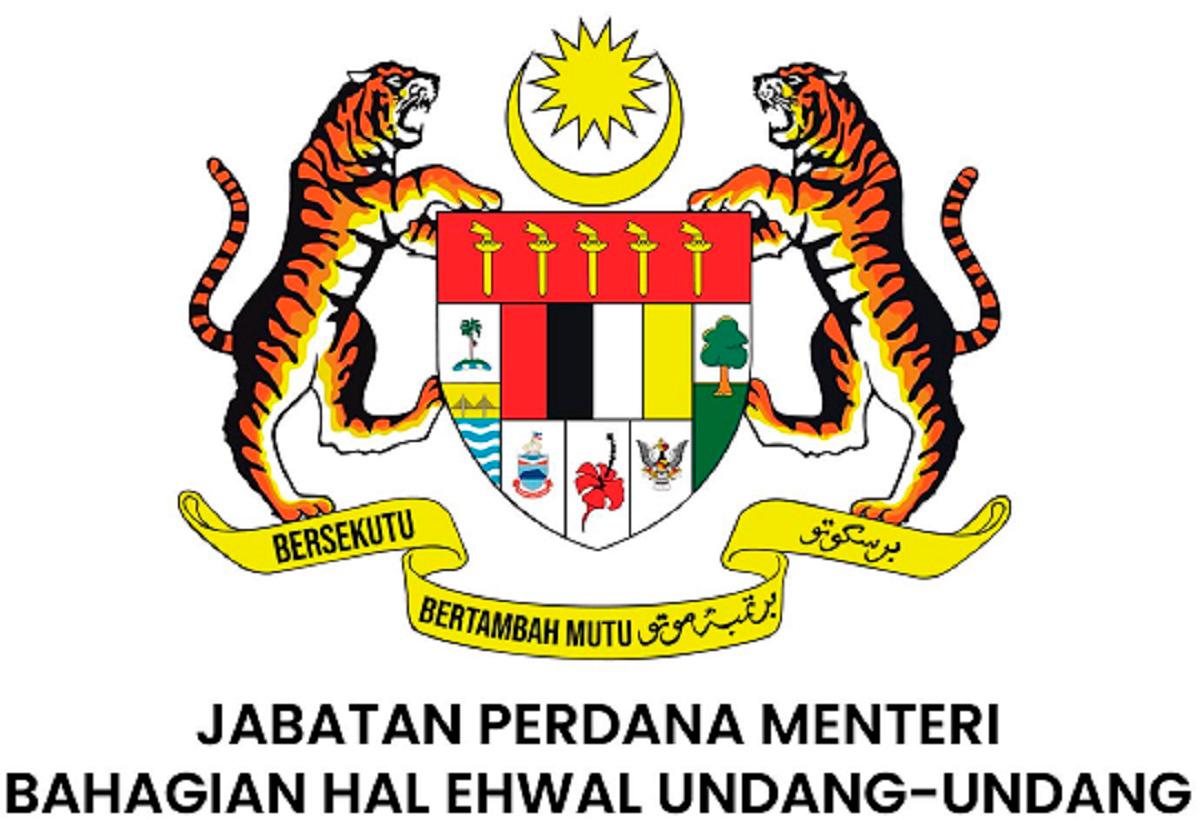KUALA LUMPUR: The Child Act 2001 provides protection not only for victims but covers all children in Malaysia, whether they are victims, witnesses, or the accused.
This clarification comes from the Legal Affairs Division of the Prime Minister’s Department, known as BHEUU.
Proceedings in the Children’s Court are conducted behind closed doors to protect the rights and dignity of children under eighteen.
This approach also safeguards confidentiality and ensures the welfare of children as mandated by the Child Act 2001.
The identities of these children must never be disclosed to the public.
BHEUU stated, “Does the Child Act only protect victims? No. This Act protects all children, whether victims, witnesses, or the accused.”
This response was part of a series addressing frequently asked questions about the Penal Code and the Child Act.
When a court functions as a Children’s Court, it is presided over by a Magistrate.
The Magistrate is assisted and advised by two panel advisers, one of whom must be a woman.
The Child Act 2001 standardises laws concerning individuals under eighteen years old in Malaysia.
Its primary aim is to provide rehabilitation and care for children in conflict with the law.
It emphasises safeguarding confidentiality and dignity while prohibiting media from disclosing identities.
This framework aligns with the principles of the United Nations Child Rights Convention.
BHEUU explained the fundamental difference between the Child Act 2001 and the Penal Code.
The Penal Code is a law that prescribes criminal offences and punishments, making it punitive in nature.
“The Child Act 2001 is a procedural law which, among other things, provides a framework for handling cases where a child offender is charged with a criminal offence,“ said the division.
Importantly, the Child Act itself does not impose criminal punishments.
Such punishments are instead set under the Penal Code or other punitive laws.
“The Child Act also does not prevent bullies from being punished, as any juvenile offenders may still be charged under the Penal Code,“ BHEUU clarified.
On the question of basic laws applying to children who commit crimes, BHEUU was unequivocal.
Every individual is responsible for their criminal acts, including those under eighteen.
“The Penal Code and other punitive laws in Malaysia do not exempt any individual from criminal liability.”
“Criminal cases and liability remain the same, even when they involve a child offender,“ BHEUU stated.
The division also issued a reminder to the public regarding the spread of false information.
Spreading false information that disrupts public order or harms reputation is a criminal offence.
“This offence can be dealt with under the Penal Code, particularly Section 124I.”
It states that anyone spreading false reports likely to cause public alarm may face imprisonment of up to five years. - Bernama









